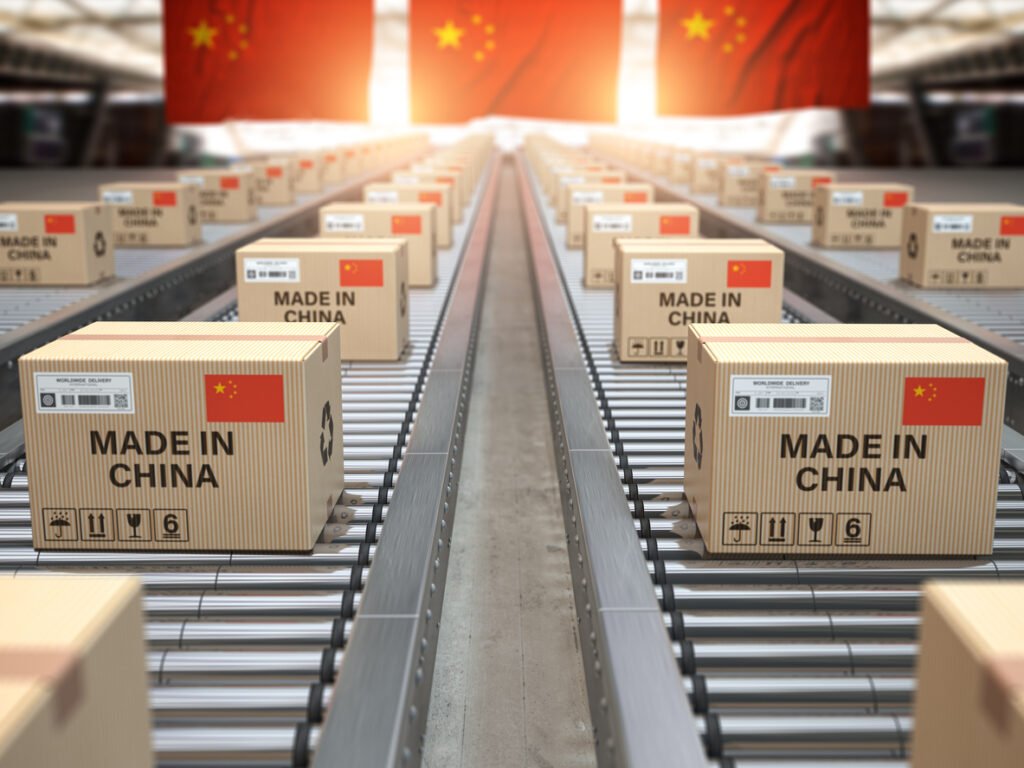China has emerged as a manufacturing powerhouse, drawing businesses worldwide to its shores. Yet, amidst the appeal of cost-effective production, a fundamental step is often overlooked: the imperative of securing trademark protection in China. This isn’t just about guarding your brand; it’s about adhering to Chinese laws, especially when you plan to export products bearing specific names.
Table of Contents
Toggle1. Understanding China’s “First-to-File” Trademark System
Central to China’s trademark framework is its “first-to-file” system. This denotes that the rights to a trademark in China go to the entity that registers it first, irrespective of its usage or fame elsewhere. This differs from many countries with more focus on “first-to-invent” or “first-to-use.”
2. Legal Consequences of Neglecting Trademark Rights
It’s crucial to understand that if another entity has registered your company or product name as their trademark in China, you are legally barred from manufacturing products with those names, even if you plan to export them. Producing such items for export without the appropriate trademark rights infringes upon Chinese laws, leading to potential legal actions, confiscation of goods, and heavy fines.
3. The Menace of “Trademark Squatting”
Owing to the first-to-file system, China has seen a surge in “trademark squatting.” This is when individuals or companies (for example manufacturers or persons related to the manufacturer) register prominent or emerging trademarks, intending to gain financially by reselling these rights or capitalizing on their established reputation. By registering your trademark proactively, you can avoid falling prey to these opportunists.
4. Safeguarding Operational Continuity
The absence of a protected trademark in China places companies at risk of sudden operational disruptions. If a legal challenge arises over trademark infringement, the repercussions can be extensive, spanning from financial setbacks to severe reputational damage.
5. Strengthening Brand Identity and Value
A brand’s strength lies not just in its offerings but also in its identity and trademark. By securing your trademark, you bolster the consistency and recognition of your brand image across all markets, laying the foundation for trust and loyalty among consumers.
Conclusion
China’s manufacturing allure is undeniable. However, businesses must move beyond just production logistics and consider the legal landscape. Registering a trademark in China isn’t a bureaucratic hoop to jump through; it’s a strategic necessity. Adhering to Chinese trademark laws is not only wise but essential to send products out of China with specific product names or company names. Safeguarding trademarks aligns with compliance, ensuring a smoother journey in the expansive Chinese market and beyond.
FAQs
- Why is securing trademark protection in China crucial for businesses?
- Trademark protection in China ensures legal rights to your brand and product names, preventing infringement issues, potential legal consequences, and ensuring adherence to Chinese laws, especially when exporting products.
- How does China’s trademark system differ from other countries?
- China operates on a “first-to-file” trademark system, meaning the first entity to register a trademark receives the rights, irrespective of its use or recognition in other countries.
- What are the consequences if another entity holds the trademark rights to my company or product name in China?
- You are legally barred from manufacturing products bearing those names in China, even if intended for export. This can lead to legal actions, product confiscations, and heavy fines.
- What is “trademark squatting”?
- Trademark squatting refers to the practice of individuals or entities registering prominent or emerging trademarks, often with the intention of profiting either by selling the rights back or leveraging their reputation.
- How can trademark protection safeguard operational continuity?
- A registered trademark keeps you safe from possible legal disputes or challenges over trademark infringement. This keeps your business from having to stop running suddenly, which could cost you money and damage your reputation.
- Why is trademark protection vital for brand value and identity?
- A brand’s strength is tied to its identity and recognition. Trademark protection ensures consistent brand image, fosters trust, and builds consumer loyalty.
- Is trademark registration in China mandatory for exporting products with specific names?
- Yes, to export products out of China bearing specific company or product names, it’s essential to comply with Chinese trademark laws and ensure the respective names are registered and protected.
Contact us if you need legal help in China, like drafting effective cease and desist letters, drafting contracts that follow Chinese law and are enforceable in China, background investigation of Chinese companies, protecting patents, trademarks, copyright, and verification of contracts to the law in China, help with trade and IP disputes in China, etc.
If you require our assistance or have further questions about our services, please do not hesitate to contact our Customer Relationship Manager, Jan Erik Christensen, at janerik@ncbhub.com. We look forward to hearing from you and helping your business succeed in China.








